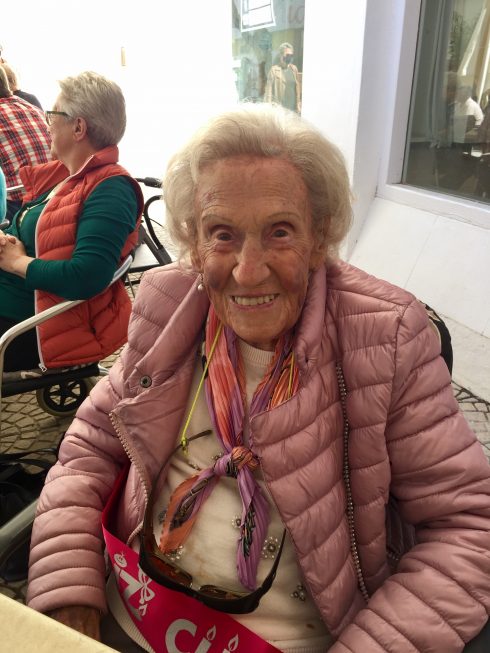FOR lonely singles seeking a little love on Tinder, ‘a little’ could be all they get — because algorithms can easily manipulate matters of the heart, say researchers in Spain.
An experiment at the University of Deusto in Bilbao used a ‘ghost’ algorithm to study how a fake system could influence users to swipe right on certain accounts.
“We showed that it is not even necessary to have an AI that knows users well in order to influence their decisions,” said researchers Ujué Agudo and Helena Matute.
“There was no algorithm choosing which photos were compatible with each user. They were all recommendations already programmed in advance according to group and condition, which were later randomly assigned to the participants.”
Results showed that explicit, but not covert, recommendation of candidates swayed people’s votes, while secretly manipulating their familiarity with potential partners influenced who they wanted to date.

Researchers gave participants drawn from Spanish-language Twitter a series of photos and asked who they’d date.
Though all 400 plus recipients got the same ‘quiz’ results no matter their answers, certain profiles were explicitly promoted as having ’90 percent compatibility’ with them.
Some other photos were promoted more covertly, however, by showing them more often.
Declaring that a potential date was highly compatible had little effect on whether a participant would swipe right on them, but repeating someone’s photo did.
Agudo and Matute also tested how effective algorithms were in promoting political candidates, noting that companies such as Facebook and Google have been accused of manipulating democratic elections.
They wrote that while people often assume that these AI judgements are ‘objective, efficient and reliable’ algorithms can easily trick people into making certain decisions.

Even more galling is that people are likely to think they made their own minds up and don’t realise they’ve been played, said researchers.
“If a fictitious and simplistic algorithm like ours can achieve such a level of persuasion without establishing really personalized profiles of the participants (and using the same photographs in all cases), a more sophisticated one like those with whom people interact in their lives daily should, without a doubt, be able to exert a much stronger influence.
“They human-centric approach should not only aim to establish the critical requirements for AI’s trustworthiness but also to minimise the consequences of that trust on human decisions and freedom,” they wrote.
“It is of critical importance to educate people against following the advice of algorithms blindly.”
READ ALSO:
- Will The Real Men Please Step Up! Is romance dead when dating in Spain?
- ASK GRANNY: Add a Little Romance to Your Life
Click here to read more Spain News from The Olive Press.








